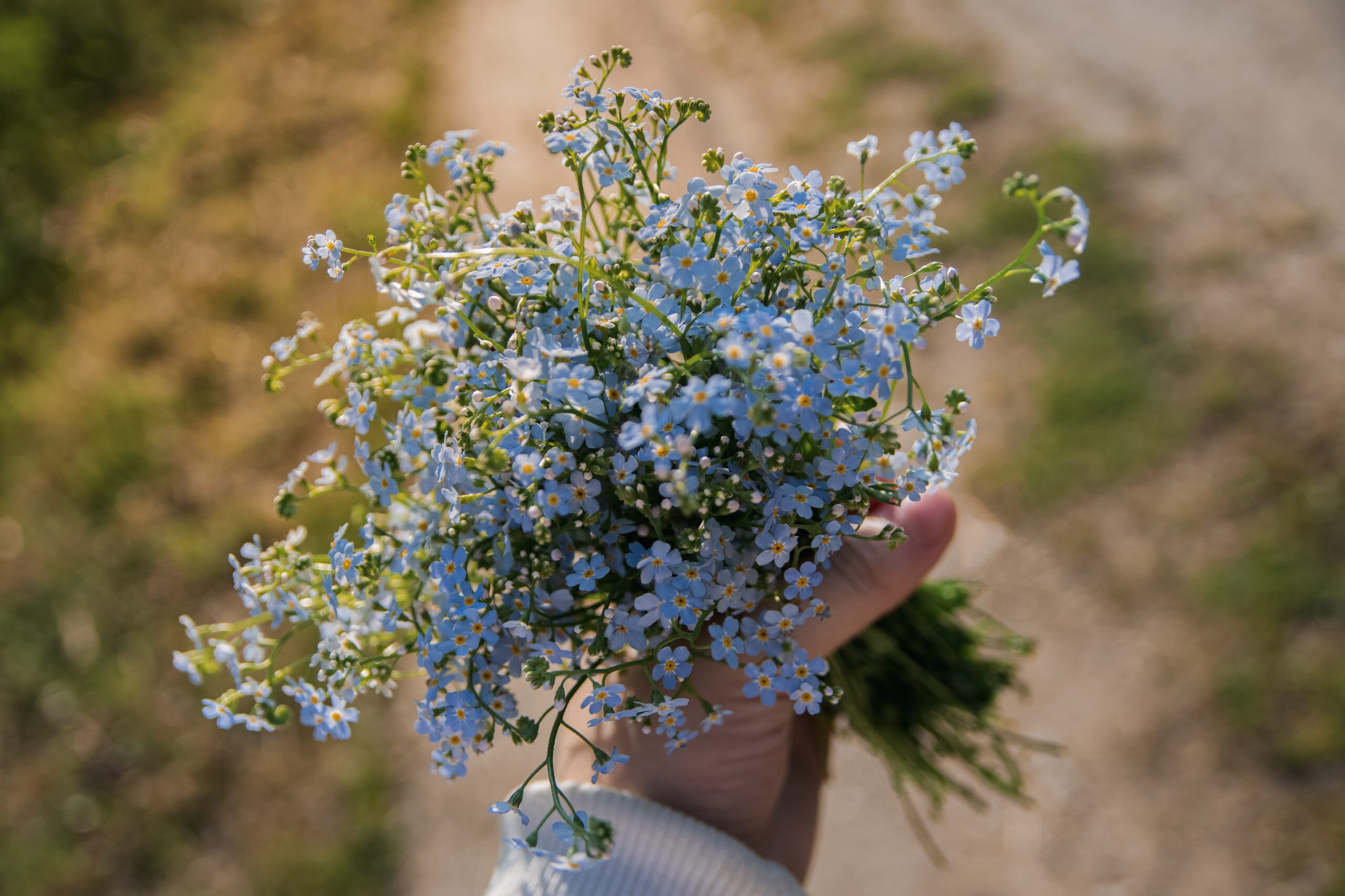With the Scottish and Welsh governments issuing formal apologies for the harms caused by historic forced adoptions, and the UK government still refusing to acknowledge the part the state played, Vik Fielder explains why an apology from the UK government matters for adult adoptees.
Last year there was an inquiry by the UK Parliament’s Joint Committee on Human Rights (JCHR) into historic forced adoptions between 1949 and 1976. One of their recommendations was an apology from Westminster. Since then, the Government has responded expressing sorrow and apologising on behalf of society but there has been nothing from any minister admitting to state involvement or apologising for their role.
Did society play a part in the forced adoptions during that time? Of course. Having a child out of wedlock was considered shameful by a large section of society. Girls were sent away and their babies taken from them for no other reason than that they were unmarried. Religion played its part with local clergy often facilitating adoptions and the Church running many of the Mother and Baby homes. Given all these factors you would think that the government is right, they have nothing to apologise for. You would be wrong.
The closest local Mother and Baby unit to where I now live was state funded. The state paid to separate families. The social workers and moral welfare workers, in a lot of cases, state funded. The midwives and nurses who treated our mothers so contemptibly, often denying them and us those few precious moments together, state funded. The legislators who wrote the laws which governed adoption then and still do today, state funded. The state has played such a huge part in adoption that it’s mystifying why they would deny involvement.
Both the Scottish and Welsh Governments, which of course did not exist at the time these violations took place, have apologised. I was present in the Senedd to see the apology and it was very hard to watch but neither of those governments actually played any role in forced adoption then. As welcome as these statements are, we need the government in Westminster to step up.
So why is the apology so important? It seems obvious there were wrongs done to our mothers, and in some cases fathers, but adoptees? Surely they need no apology? They went to better lives, they were chosen, they should be grateful.
Loss of mother or father is considered an adverse childhood experience (ACE), unless you are an adoptee. They used to think that babies couldn’t feel pain and so operated without anaesthetic; archaic to think of this now. Those of us separated from our mothers as a baby were thought not to feel the emotional pain of being separated from the one person we had relied on for nine months. We were ‘blank slates’. We were expected to just move on—no mourning, no acknowledged grief, we appeared as if by magic out of thin air and belonged to our adoptive families. The effects of these adoptions has been catastrophic for many adoptees. We are over-represented in addiction, among users of mental health services and even in prisons. Adoptees are four times more likely to attempt suicide. Not the reaction you would expect from someone who was living a ‘better life’, is it?
I have a few ideas as to why the apology has not been forthcoming, the most obvious thing is money! We live in a litigious age, I’m sure the Government is concerned that if they apologise then claims for compensation will follow. I’m sure many adoptees would want to pursue this and I can’t honestly say I blame them. I’m not interested in money myself. I don’t feel you can put a price on the sort of damage being adopted does. Yes the kind of apology I want will cost, but it’s only to pay for what should have been provided all along. Decent mental health support tailored to adoptees’ very specific needs. Other costs should include free DNA tests for any adoptee who is searching with support before and after results and, if needed, during reunion. And any additional financial and practical support that intercountry adoptees might need.
There also needs to be a way for adoptees to vacate their adoptions as adults if they so want. I have heard too many stories of adoptees who have suffered abuse in their adoptive families wanting to annul their adoptions but unfortunately this is impossible under current adoption laws. We are bound for life to a legal identity we were unable to consent to.
There are lots of adoptees out there who feel that their adoption was good and they have no issues. I am happy for them although I will admit that I only took a critical look at adoption on the birth of my child and even then I didn’t do a deep dive. I have now, and what I found paints a very bleak picture. But even those adoptees who feel they do not need any support themselves cannot deny the fact that many adoptees do suffer, and are in need of specialist help at various times in their lives.
We need the apology, we need the recognition, we need the acknowledgment that what was done to us was so wrong and we need help: we need help to heal, we need help to get our voices heard and we need the government to take accountability and to recognise the role they played in what is a very dark stain on our history.
Photo by Julia Zyablova on Unsplash
